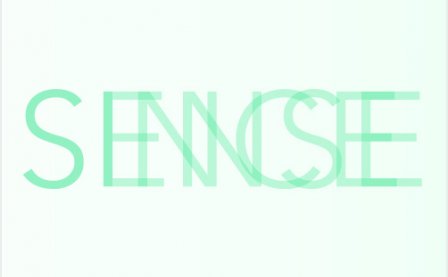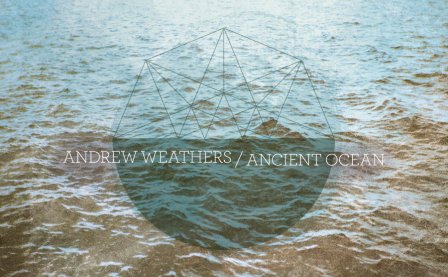I’m fairly convinced that early folk/americana and experimental music as a whole are in many ways inextricably connected. The connections between these worlds aren’t always obvious but the implicit concerns of both genres seemed very tied together. Out of all roots music, Sacred Harp singing seems like one of the most connected to current experimental practices due to its elasticity of form, notation, and performance practice. This is music designed to be non-virtuosic and its use of shape note singing coupled with the lack of a conventional leader/conductor puts all performers on equal footing much in the same manner as a John Cage composition. Furthermore, this relativity of pitch/rhythm in sets up a proto-graphic score type of scenario for the performers. Finally, the desire for sacred harp singing to be a participatory/immersive experience (listeners are invited to perform despite lack of experience in order to create an immersive absorbing sound mass) is in line with the thoughts of numerous sound installations and the performance practices of artists like Tim Hecker and even Sunn 0)). Therefore, it’s easy to see how Sacred Harp music is ripe for experimentation and manipulation due to it’s sound immersion and the elasticity and openness of form it allows performers.
On One Day We’ll Find The Valley, Andrew Weathers does an excellent job lovingly deconstructing and transforming six Sacred Harp hymns into something completely new. Weathers clearly understands the implicit openness embedded in this music and uses it as a transformative mechanism for each piece here. Opener “We Will Sing With The Angels” filters the hymn through layers of digital distortion and processing while “To Die No More” revisions the song as something that resembles Mark Kozelek collaborating with Fennesz. Elsewhere, “Save, Lord, or We Perish” reduces the original melody to a mix of American primitive guitar and burbling synth and “We’ll Meet Beyond the Grave” stretches out into sustained oblivion. Despite the eclecticism of each piece here, the hymns retain tonal qualities that are undeniably in line with the original Sacred Harp songs. This is due to Weather’s clear respect for the original material and seemingly his decision to treat the original scores as a sort of aleatoric notation of sorts. One Day We’ll Find The Valley is a wonderful illustration of the sometimes overlooked connections between Old Weird America and the new.
One Day We’ll Find The Valley is available now via Life Like Family. You can stream the album in its entirety below:
• Andrew Weathers: http://www.andrewweathers.com
• Life Like Family: https://www.lifelikefamily.bandcamp.com
More about: Andrew Weathers


